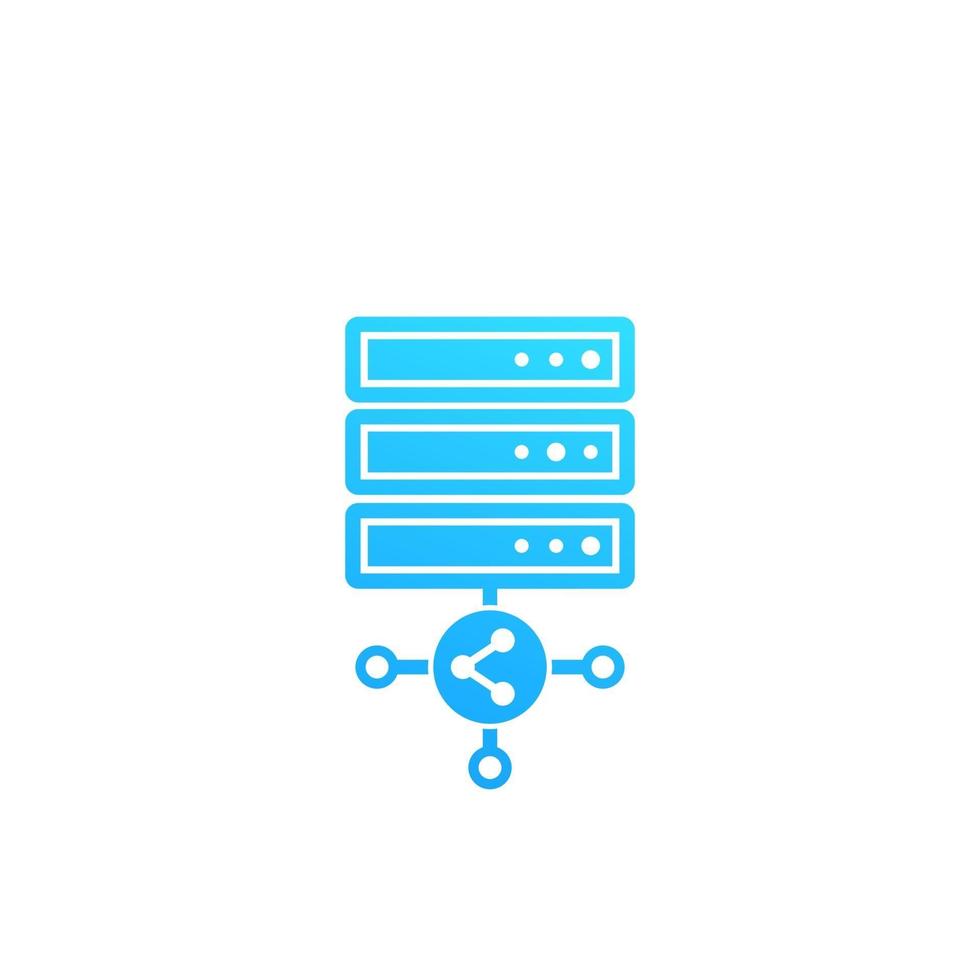When you think about setting up a website, one of the first steps you’ll need to take is choosing a hosting server. But with so many options available, it can be hard to know which type of hosting server is the best for your needs. To help simplify the process, let’s delve into the different types of hosting servers and how they can benefit your website.
Choosing the right hosting server for your website is an essential part of running a successful online business. There is a variety of hosting servers to choose from, ranging from shared servers to dedicated servers to cloud-based solutions.
Types of Hosting Servers
Shared Servers
A shared hosting server is the most economical option for webmasters. On a shared server, multiple websites share the same resources — such as CPU, RAM and disk space — so each website has access to only a fraction of what’s available on the server.
On a shared server, multiple websites share the same resources — such as CPU, RAM, and disk space — so each website has access to only a fraction of what’s available on the server. Shared hosting is great for small-scale sites with low traffic levels but can be unreliable if the other websites on the server start using up too many resources.
Shared hosting is great for small-scale sites with low traffic levels but can be unreliable if the other websites on the server start using up too many resources.
Dedicated Servers
For larger websites with high traffic levels, a dedicated server may be a better option than a shared server. On a dedicated server, you get exclusive access to all of its resources without having to worry about other websites hogging them.
On a dedicated server, you get exclusive access to all of its resources without having to worry about other websites hogging them. This makes it more reliable and allows you to customize your setup in ways that are not possible on shared servers. However, dedicated servers are also much more expensive than shared servers due to their exclusivity.
This makes it more reliable and allows you to customize your setup in ways that are not possible on shared servers. However, dedicated servers are also much more expensive than shared servers due to their exclusivity.
Cloud Servers
Cloud-based hosting solutions offer an alternative way of accessing the same kind of computing power that you would get from a dedicated server without having to buy or rent any hardware.
Cloud-based hosting solutions offer an alternative way of accessing the same kind of computing power that you would get from a dedicated server without having to buy or rent any hardware.
Instead of having physical hardware in your office or data center, you pay for cloud services based on usage — allowing you to scale up or down as needed without having to invest in additional hardware or software licenses.
This makes it ideal for businesses that need high performance but doesn’t want to commit long-term capital investments in hardware or software licenses.
VPS Hosting Server
VPS stands for Virtual Private Server, and it’s a great option if you need more control over your website than what a shared hosting server provides. Unlike shared hosting, VPS allows each user to have their own dedicated virtual environment on which to run their sites.
VPSs are essentially shared servers on steroids. A VPS allows you to scale up your resources when needed, giving you more control over how much power your website has at any given time. This makes them ideal for larger businesses that may experience spikes in traffic or have more complex applications running on their site.
This ensures that no other websites can affect yours in terms of performance or security issues.
However, VPS is more expensive than shared hosting since each user has their own dedicated resources such as CPU cores, RAM, and disk space allocated to them.
The downside is that VPSs can be expensive—they usually cost between $50-100 per month—and they require more technical knowledge than shared servers do in order to manage them properly.
Conclusion
No matter what type of website you own, choosing the right hosting solution is essential in order for your site to perform optimally for visitors and potential customers alike.
Whether you choose Shared Hosting, Virtual Private Servers (VPS), or Dedicated Server Hosting will depend largely on your budget as well as your specific needs in terms of performance, security, scalability, etc. Understanding these different types of web hosts can help ensure that you make an informed decision when selecting a web host provider for your business’ online presence!





